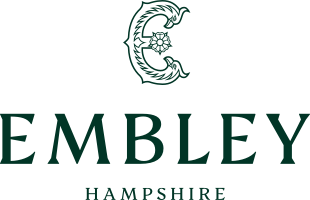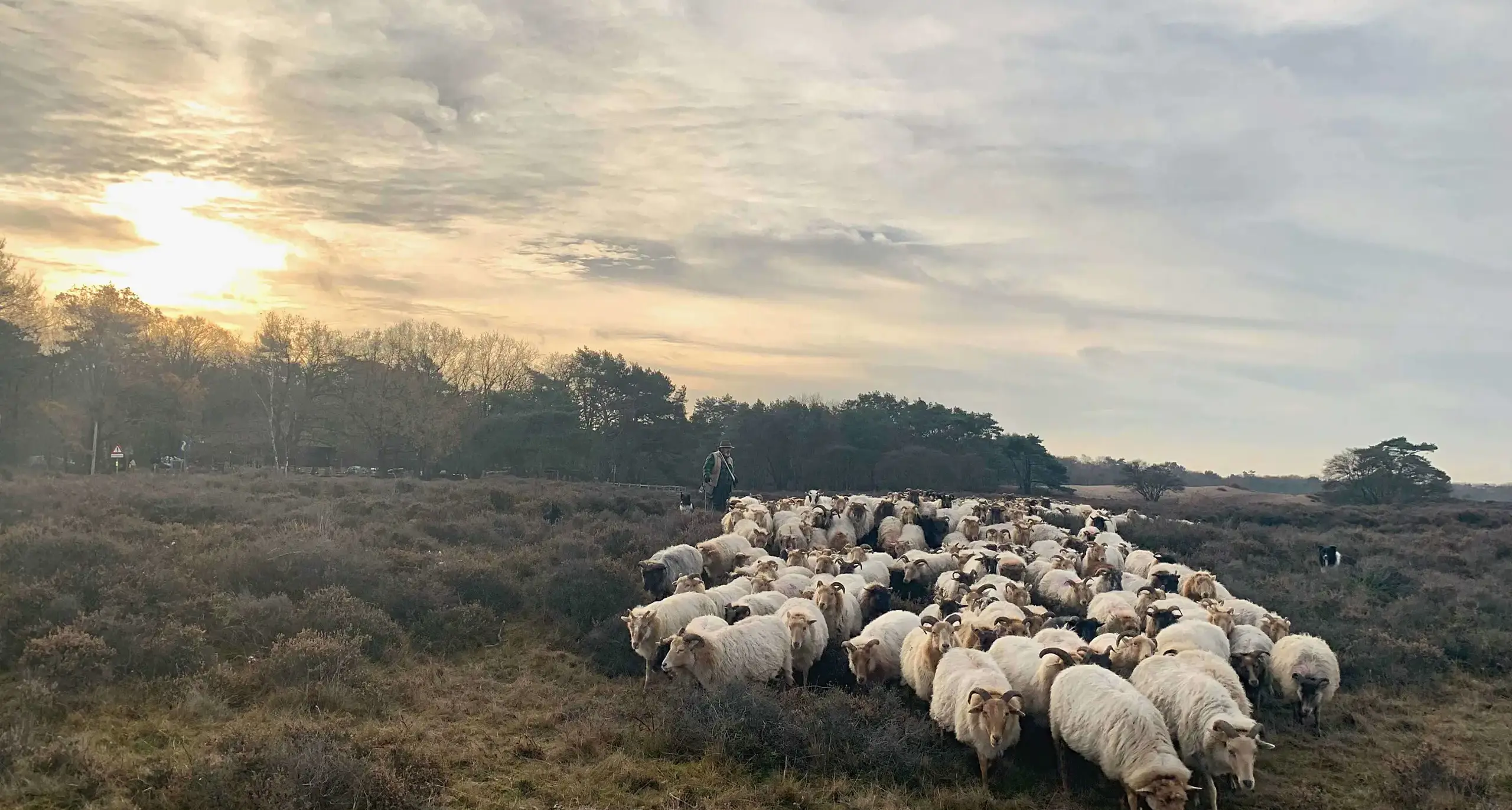Well, I think we all now know that the Summer term has begun because three weeks of biblical rain cleared, the sky brightened and the sun shone, even if only for a moment. I think it is an immutable law of the universe, ok, maybe not. In any case the school returned to assembly bright eyed and with tales to tell after the Easter break. I took the opportunity to examine some fundamental concepts of epistemology and existentialism with the students on our first morning back, well why wouldn’t I?
In the course of our lives, especially in the course of teenage years with all of the growing self-awareness and understanding, there is often a sense of questioning around identity and the extent to which we are known and understood. It is all part of the process of coming of age and growing up. As humans we can be prone to looking around and wondering what others are thinking, as teenagers this is particularly the case. A potential downside of this is that often the questioning and the attempts to map a pathway to adulthood are beset with the problem of worrying about what others think. Of course 9.9 times out of 10, others are not thinking of us at all and are far too absorbed in their own introspection. We did wander into deeper territory, questions of solipsism and the extent to which my experience is all that there is.
Of course there is a deep-seated truth here. As individuals we understand the world and experience it on our own. Our minds process our experiences, and we arrive at conclusions that are unique to us, or so we might think. To what extent are our thoughts curated by experience, worse still, to what extent are they directed by context and experience.
Instead to trying to outthink the Cartesians (not to be confused with Carthusians, that’s another issue entirely) or to attempt to apply empirical methods of proof to something which may defy them, I suggest that we look more widely. What is it humans do? Well we seem, for the most part, to be relational social animals. We may experience the world through our own minds, but we exist in community. The communities we exist in seem to be able to share values and ways of living. There is a more negative school of thought that suggests a more brutal self-regarding disposition, but civilisation has not rested with them. We seem to be knowable to ourselves and to others if only demonstrated to be true through experience. It is genuinely remarkable that the scribbles I am entertaining here can be understood and are thinkable for you reader. That an author might so create characters that I identify with them, wish them well, feel sad when they fail and joyous when they triumph is both mysterious and not at all. Have you considered for a minute reader the absurdity of allegiance to a fictional character a protagonist in a play or drama for whom we wish well and hope they succeed? Am I giving too much away when I have high hopes for Mr Darcy? In this lies the ability to form the thinking of others and the minds of the young.
This ability to reach out to other minds over time and context, over culture and conviction is, I suggest, evidence of a shared humanity and a shared value system. Lizzie Bennet or Scout Finch’s resolve to push against limiting societal norms; Lear’s frustration, Hamlet’s angst and Prince Hal’s courage all call on us to respond from our lived experience, but they invite us to think for ourselves, to interpret and to take a side.
This call to authenticity is at odds with much that calls the young away. The value placed on things, the drive to consume and to be driven by consuming reduces our humanity and turns us into things. We need to be mindful of the siren calls of empty slogans and catch phrases suggesting we will be happy through self-indulgent narcissism… All that glitters is not gold.
In my assembly, I summed up by returning to a bucolic vision I brought to mind from a brief sojourn in Norfolk. A shepherd rounding up sheep in a vast field. I have no idea what he was thinking but the image suggested a metaphor. In being authentic to our own thinking, in being committed to being the best version of ourselves in a field of other minds, we will either be the sheep or the shepherd, the choice is ours.
MORE BLOGS —
Parent wants
Been a busy few weeks – though when isn’t it? I have spent quite a bit of time speaking with Prep School Heads.
Bridges
In January 1942, in a small suburb just outside Berlin, a group of engineers, scientists and logicians gathered to map out a strategy that would change the face of Europe.




